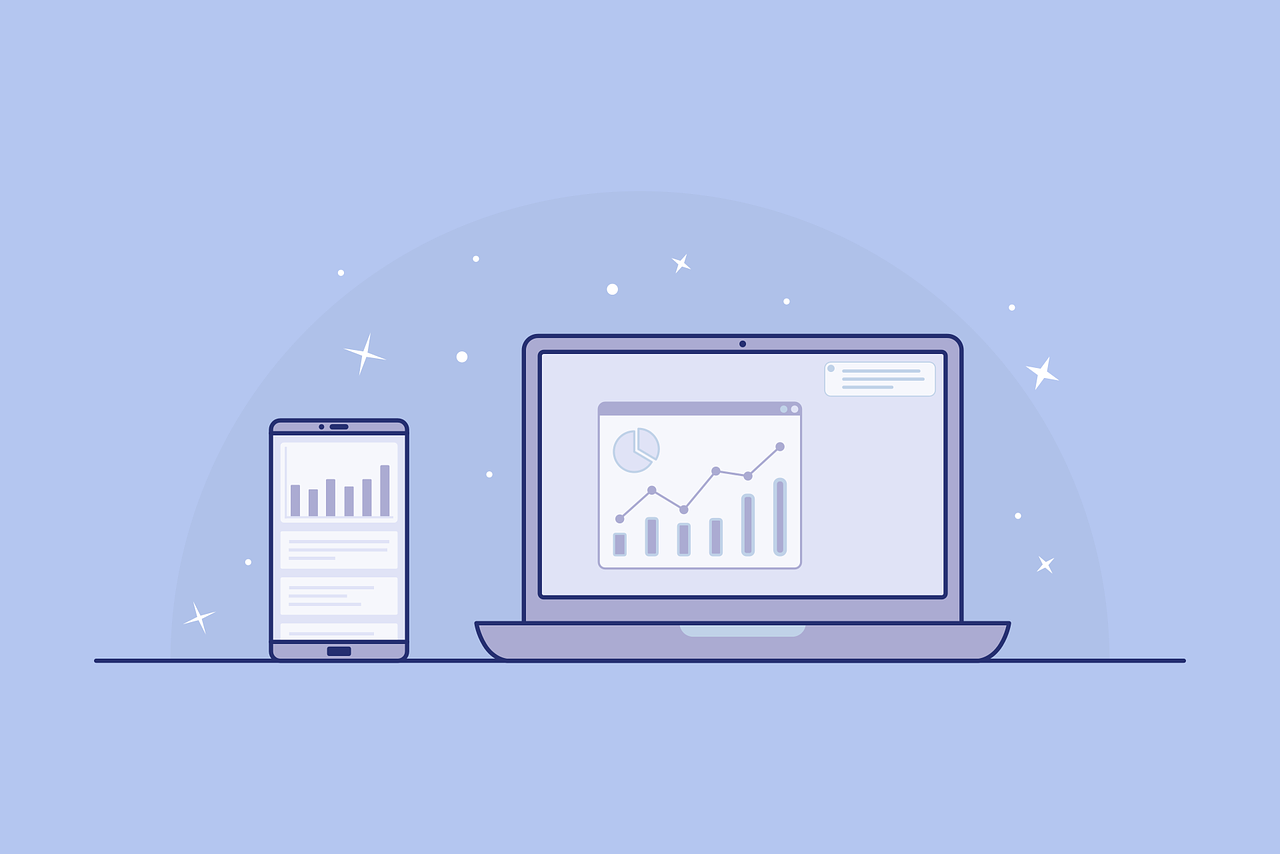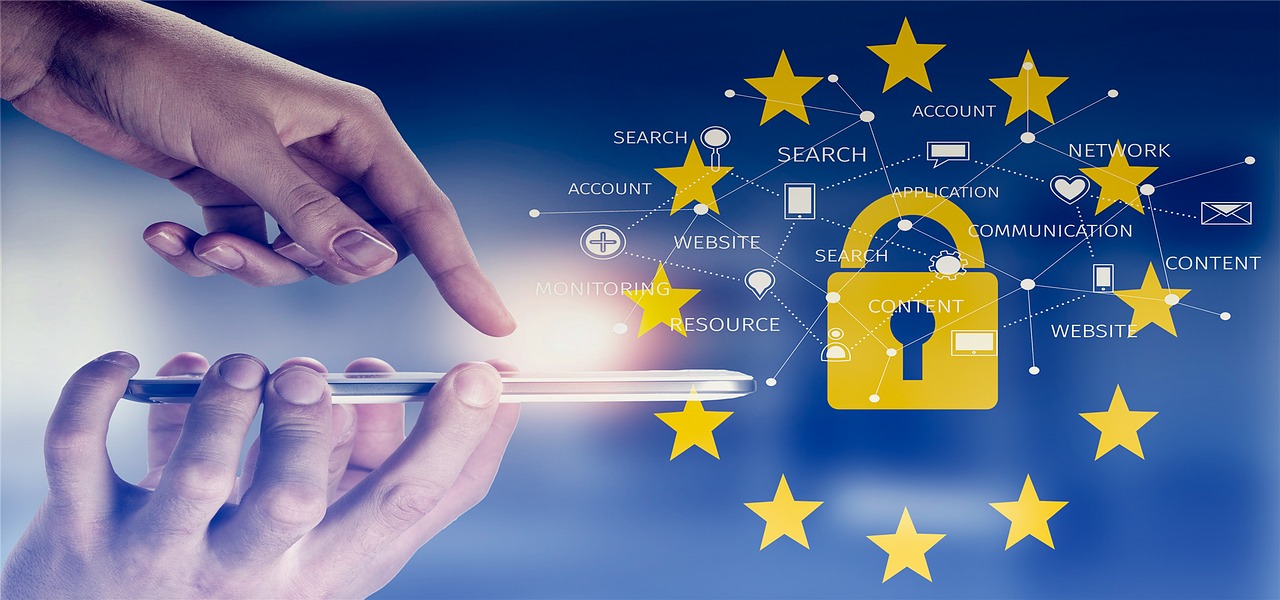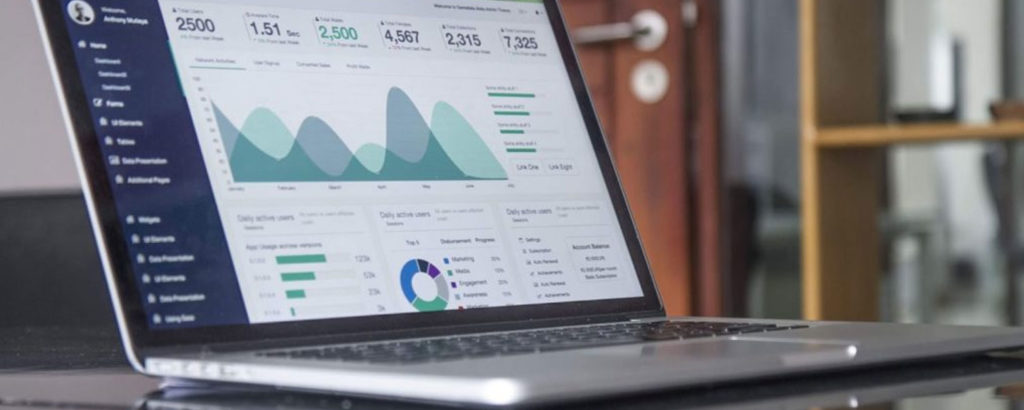Data is extremely important and holds incredible value in today’s world. Data has grown extremely large in size in recent years compared to tiny portions that were easy to manage just a couple of years ago. Data has become indispensable for performing everyday tasks in most organizations. With such huge quantity, data can be used to find trends, make forecasts, and to build efficient business strategies. However, with growing data, comes the challenge of managing all of this massive data — and finding the right data governance tools. If not managed properly, data can turn into bad data, which is of no use and fixing it is quite expensive.
More data is being created and collected today than ever and that’s why there is a need for data governance. A data governance strategy should be implemented by enterprises to ensure clear policies are set that defines how data should be handled (CRUD operations) so that it can be provided to the end-user in high quality, with consistency and accuracy. Data governance can be used to implement regulatory compliance and to deal with audit issues and problems with data quality. Data governance can also enforce and evaluate data security. Data governance strategies rely on execs and data scientists to deliver efficient results. However, data governance tools are also important as they can simplify the whole process and also automate it providing more efficiency and speed. There are various data governance tools available in the market. Some tools offer traditional data management features like data lineage tracking and master data management while others offer quality and policy management.
Let’s take a look at some of these data governance tools:
Collibra
Collibra offers an enterprise-oriented, data governance platform that puts people and processes first. Collibra is known for its automated data governance and management to quickly and efficiently deliver correct and consistent data to end-users. Collibra allows enterprises to manage and organize data and also the policies and rules pertaining to the data. It also ensures data is stored in a central repository so business users have access to the latest data and policies.
Collibra helps cross-functional teams stay on the same page. It allows collaborations with stakeholders to build context around the data to deliver and maintain clean and consistent data. Collibra also provides users with interactive data lineage diagrams to visually explore details about data like policies, issues, relationships, and flow. Collibra’s prebuilt templates help users get right to work. Another important feature that Collibra offers is its semantic search capability which makes searching for particular data quite easy. With Collibra, you can have instant access to the right data through mobile access and capabilities.
Ovaledge
Ovaledge is another famous data governance tool on this list. It deeply scans all the different places the data is stored at and forms a smart data catalog. It indexes the data no matter where it resides in your enterprise ecosystem. Ovaledge automatically organizes all your data and catalogs it using machine learning. Data can be categorized using tags, usage statistics, and usernames so that data retrieval is easy. Ovaledge also displays relationships among your data using algorithms and manual inputs to provide a complete picture of your data even if it resides in a data lake. Data lineage tracking helps track the data from start to end and to track any errors that occurred along the way.
Ovaledge allows you to set data quality and data definition standards using a business glossary. With Ovaledge, you can assign roles and responsibilities while maintaining access through policy controls. Users can also get reports about data usage and errors to provide efficient insight into the data.
Talend
Talend helps you shift away from a siloed infrastructure and to build a governed data hub. You can detect data quality issues easily and quickly remedy them with the help of Talend. With Talend, data experts can work on the data to provide meaningful and trustworthy data. Talend Data Fabric provides an end-to-end unified platform that acts as a single pane of glass for all your enterprise data. Talend also performs automated data discovery. Talend Data Catalog crawls deep into the data and enriches all your metadata. Talend can document and maintain around 80 percent of information about data automatically with the help of machine learning so that your data is always up-to-date for client usage. Talend also uses machine learning to clean the data by smart deduplication, validation, and standardization.
 IO-Tahoe
IO-Tahoe
IO-Tahoe is another great data governance that can streamline data governance and help manage your data with ease. IO-Tahoe automatically discovers data relationships across the enterprise. It works with both known and dark data to provide a picture of the entire enterprise’s data landscape. IO-Tahoe identifies relationships in structured, semi-structured, and unstructured data formats with the help of advanced machine learning algorithms. IT-Tahoe doesn’t just analyze the metadata, it analyzes the entire data to provide trustworthy insights. On top of all that, IO-Tahoe is platform agnostic which means organizations can discover and search data across a number of platforms.
IBM data governance solutions
IBM data governance solutions provide flexibility to have any kind of data governance strategy that suits your organization. It allows data cataloging using machine learning to collect and curate data assets efficiently. With IBM’s data governance, you can deliver clean consolidated data to the users that can be used to drive big data projects while letting you meet your data governance objectives. IBM also assesses the value of data and helps identify meaningful data while securing critical data and complying with GDPR.
 Informatica
Informatica
Informatica allows business and It to collaborate with ease and provides a true enterprise data governance solution that can be used on-prem and in the cloud with traditional and big data use cases to provide flexibility. Informatica breaks down the silos and engages IT, security, and business teams to ensure the data meets compliance and is high quality. Informatica also helps you manage GDPR risk so that you can deliver quality data. With Informatica, you can discover and protect customer data irrespective of where it relies on your data landscapes while verifying customer details to reach them when needed. Other than being known as one of the best tools for GDPR compliance, Informatica also offers incredible visualization into your data assets.
Data governance tools: Use them efficiently
There are a number of data governance tools available on the market. Some tools offer more features than others. But the decision ultimately depends on an enterprise’s needs and its data volume. You can’t simply get a tool and start your data governance strategy from there. An enterprise looking to implement data governance should first evaluate if it is ready. Then, an efficient data governance strategy should be devised that is tailor-made for your organization’s needs. After this, a tool that fits these requirements and your data governance strategy should be invested in. Budget is another important factor when looking for data governance tools. But ultimately, it’s all about what your goals are and what device fits them well. Your enterprise might want a tool that is extremely good at visualization or a tool that automates compliance completely or a tool that takes care of data security. As data keeps growing exponentially, the need to invest in tools that help maintain your data’s integrity will also increase no matter what the size of your organization is.
Images: Pixabay



